BTS With the Good Hair
I love electric blue hair, undercuts, and mullets—but only on K-pop idols. Is this prejudiced of me? And what happens when I so badly want to dye my own hair even though I dislike it on non-idols?

“I wanna bleach it. I wanna go full blonde. I’m ready,” says Awkwafina playing a fictionalized version of herself in Nora from Queens. The hairdresser grimaces as she repeats Awkwafina’s request, incredulous. We can see the her trepidation and attempts to dissuade Awkwafina from bleaching her hair:
Hairdresser: Listen, your hair is the color of space. Bleaching Asian virgin hair this dark is
always unpredictable, and often unfortunate.
Awkwafina: [spluttering] It’s not virgin! Anyway, listen I need this because I’m sick of playing it
safe and I’ve never gotten to rebel!
[Hairdresser steeples her fingers and closes her eyes, as if praying for patience]
Hairdresser: Um, listen, just girl-to-girl: bleaching while angsty—it’s just a very bad situation…
After insisting that the hairdresser go through with it, Awkwafina’s newly bleached hair is carrot orange and weirdly crimped, much to her shock and horror. The hairdresser can’t help but laugh in an I-Told-You-So way; Awkwafina looks like a cross between a hot Cheeto and Merida.
This scene is simultaneously hilarious and entreating for me: as I watched this scene while binging the entirety of seasons one and two of Nora from Queens, I had been in a months-long argument with my mom about dying my own very dark, very virginal Asian hair. Like Awkafina’s character, I, too, have never gone through a rebellious phase and want to do something that will check that box, at least symbolically. I’m not sure if this stems from a conventionally youthful attitude, or from something that’s more specific to me, but either way, I know that I am bored by my constant living up to expectations. I studied hard, played sports, went to college, applied for scholarships, got a 9-to-5 job. I attended a few high school parties and exactly one college party; I drink rarely and can’t stand the smell of weed or tobacco. In short, I am a milk-toast square. Due to my outsize fear of permanence, this leaves only one option: I have to switch up my hair.
I’ve never had any particularly strong desire to dye my hair, nor do I have any strong attachment to it; the only requirement I’ve ever had for my infrequent haircuts is that my hair must always be long enough to pull up into a ponytail. The beauty and influencer world is full of hair masks (what does that even mean?), hydrating shampoos, leave-in conditioners (wouldn’t that make your hair greasy?), hair oils (definite greaseball), and more. The fanciest shampoo and conditioner I buy is always available at any grocery store or Walgreens. Much to my friends’ chagrin, I wash my hair almost daily since I work out fairly regularly and because my hair gets so greasy that oil will drip from my head. This has been the story of my hair for twenty two years.
Enter in my deep dive into K-pop in late 2019. I quickly fell in love with the sounds, aesthetics, and glamor of the K-pop world, including the beauty standards that somehow aspired to a semi-Western standard while remaining distinctly Asian at the same time. Here, I finally found Asian men portrayed as sexy, heartthrob-bish, and desirable, though using different parameters than Western male sexiness and attractiveness. A very striking part of the K-pop aesthetic and the “comeback,” the industry term for an upcoming new album drop or single release, is hair, and specifically hair color.
Googling any idol or simply “K-pop” demonstrates the ubiquity and normalcy of multi-hued hair on both male and female idols. Each comeback or album concept necessitates a different hair color and style suitable for that album’s theme. For example, Tomorrow x Together’s whimsical, dreamy 2020 EP Minisode: Blue Hour featured a bubblegum pink mullet for Yeonjun, a baby blue bowl cut for Soobin, blond locks for Taehyun, and dark curls for Beomgyu and Huening Kai.
In contrast, the alternative, pop rock angst of the group’s second full album, The Chaos Chapter: FREEZE, marked a stark change from not only the Blue Hour era, but also the rest of their previous concepts: Yeonjun has a dark blunt-cut, Soobin’s inky hair is artfully disheveled, Taehyun has straight, silvery gray hair, Huening Kai opts for an icy platinum blond, and Beomgyu sports a shaggy wolf cut with blond highlights.
This kind of frequent hair transformation is the norm in K-pop; the only abnormal thing is that every idol invariably looks super hot regardless of hair color or style. I will admit that part of my desire to dye my hair comes out of an aspirational striving to achieve that kind of airbrushed idol beauty. Fire-red hair will not magically turn me into Yeji of course, but the self-delusion that I will somehow be able to embody or give off Yeji’s charisma and confidence. Regardless of the kind of pretend that dyed hair creates, it still accomplishes its most rudimentary goal: to make me, the hair’s owner, feel good.
Yet whenever I mention that I want to dye my hair, people consistently implore me not to, usually with some variation on “But why? You have such beautiful, dark hair! Why would you ever want to dye it?” At first, this objection was primarily my mother’s, which was obviously biased. Naturally, I started asking many different people in my life in an effort to gather evidence and support for my hair-dyeing crusade. Much to my dismay, everyone from my music teacher to my auntie to my coworkers to the hairdresser in Nora from Queens had similarly discouraging sentiments.
Expense aside, why do people seem to care so much about my hair health? People don’t seem to bat an eye if they see someone with blond hair go brunette or a brunette add highlights. Don’t even get me started on the politics of concealing gray hair. “But this is different,” everyone seems to say. It doesn’t seem so different to me, but there is something about a dark sheet of Asian hair that makes white Americans want to protect it, preserve it; leave it pure and unsullied. It kind of reminds me of a scene from Chimamanda Ngozi Adichie’s novel Americanah where the protagonist Ifemelu wonders why her wealthy WASP employer feels the need to always qualify her as beautiful:
Ifemelu would later come to realize that Kimberly used “beautiful” in a peculiar way. “I’m meeting my beautiful friend from graduate school,” Kimberly would say, or “We’re working with this beautiful woman on the inner-city project,” and always, the women she referred to would turn out to be quite ordinary-looking, but always black. One day, late that winter, when she was with Kimberly at the huge kitchen table, drinking tea and waiting for the children to be brought back from an outing with their grandmother, Kimberly said, “Oh, look at this beautiful woman,” and pointed at a plain model in a magazine whose only distinguishing feature was her very dark skin. “Isn’t she just stunning?”
“No, she isn’t.” Ifemelu paused. “You know, you can just say ‘black.’ Not every black person is beautiful.”
Adichie, Chimamanda Ngozi. Americanah. New York, Anchor Books, 2014.
This uncritical adulation of non-white beauty as somehow untouchable or pristine is insidious for the ways that it dehumanizes the person it describes. It Others and objectifies in the guise of praise. As Ifemelu feels uncomfortable by her boss’s microaggressions, I feel annoyed indignation on behalf of my Asian hair. People object to the idea of an Asian without black hair because it doesn’t align with their idea of what an Asian should look like, what an Asian should be. This is hair Orientalism disguised as admiration. Harientalism?
Amidst the unfavorable reactions to the prospect of dyeing my hair, I’ve also thought about this chasm between my personal saga and the K-pop stars I love so much, and I realized that I myself was guilty of a bizarre inversion of what was happening to me: K-pop has completely changed my view of mullets after seeing almost every male idol managing to smolder with one. However, when I saw a young American tennis player sporting one, I was disgusted. Similarly, the bowl cut, while always an icon of childhood and teenage awkwardness and Asian American upbringing, flatters very few people, excepting said K-pop stars. Why this contradiction? Why am I so attracted to Baekhyun’s mullet and repulsed by JJ Wolf’s?
Fetish is a concept that contains many dimensions. At its surface and in its most common usages, it denotes some kind of sexual desire or preoccupation, which in turn carries social baggage: a fetish is something that is taboo. Prescriptive shame and secrecy is attached to a fetish. However, earlier uses of the term refer to religious or ritual totems, most notably in French sociologist Émile Durkheim’s The Elementary Forms of Religious Life. It should be noted that the development of this theory carries racist, colonial sentiments about African religion and non-Western polytheism in general, as demonstrated by German philosopher Georg Wilhelm Friedrich Hegel. Though this context is problematic and infantilizing, it does express fetish as something to be admired, worshiped, and revered.
Celebrity and the public masses’ relationship to it contains both of these aspects of fetish along with many other of the myriad contours of this idea (e.g. commodity fetish, for one). Celebrities are more often than not extremely beautiful and highly stylized to conform to cultural and social prescriptions of beauty and thus be highly attractive to the plebeian public. Their physical bodies as well as the glamor of their lifestyles work together to create desire, both sexual and aspirational, and the inevitable gossip that accompanies celebrity works to fuel public speculation and interest in them. Add social media into this and the celebrity—each individual and this phenomenon—become a daily, ever-present object of obsession. This subject-object relationship is also part of fetish: the subject treats the fetish as object by holding it apart, acting upon it, and imposing an otherness to it.
*****
I say all of this because I wonder if my opposing views of the mullet also contain some sort of internalized or unconscious fetish. Is it specifically for these K-pop stars? Perhaps. In keeping with the hair focus, I’ll also admit that I have a mental catalog of blue-haired idols. For some reason, when an idol dyes his hair bright blue, it does something to my brain (as of writing this, Stray Kids’s Bangchan just unveiled electric blue hair for the group’s Maniac comeback). Yet, if I see blue hair on a regular person, my immediate reaction falls into the trap of boomer beauty standards, i.e., that dyed hair equals angst and weirdness, which is completely unfair and judgmental.
This potential fetish of mine, of K-pop hair, is ironic and sort of twistedly humorous. Somehow seeing a blue mullet on an Asian body is much sexier than it is on a white one. On the one hand, this is part of the broader effects of Hallyu, or the Korean Wave, that has spread Korean culture internationally and also reframed the Asian body, specifically the male Asian body, as something desirable. Yet this is also a double-edged sword: in becoming global celebrities, they have transformed from object to another. The Asian man went from the effeminate, nerdy sidekick and butt of jokes to the handsome, famous, main character, but they are still reduced to fetishized objects, only this time with more glamor and dancing.
There remains an Othering that is inherent between celebrity and fan, idol and stan. The added layer of race complicates and problematizes this for me personally. Much of my undergrad research and interests focused on popular culture, media, art, and accompanying ideas of Asianness. I think about Asian representation and cultural theory often and am an avid consumer of Asian and Asian American media. As an Asian American woman, I’m also accustomed to negative and objectifying portrayals of Asian and Asian American women, and like many, have been the subject of degrading slurs and insults. I’m also very aware of the cringey and problematic Koreaboos that make me want to disassociate from K-pop fandom forever. All of the tensions of these dynamics matter deeply to me, and I worry that I have fallen into the trap of some pseudo-Western gaze that has so often distorted me.
I wouldn’t classify this cultural allure as Orientalism since K-pop was and is constructed very consciously by Korean—but also increasingly non-Korean—actors. Rather, this is an inversion of Orientalism: the West doesn’t use K-pop as a way to define its own cultural identity, and it is now Asia that is using pop music, television dramas, food, and other cultural exports by way of South Korea as ways to fortify its own identity. I don’t want to call this Occidentalism, since there isn’t any overt negative representations of the West; it’s more of a PR campaign (if anyone has any ideas for what to call this, please leave it in the comments). This is a move that’s paying off in economic as well as cultural capital seeing as tourism and revenue attributed to BTS alone is about $5 billion as of 2021, which makes up about 0.5% of South Korea’s entire economy. It sounds small, but when considering all the aspects that make up a country’s economy, this is mind-boggling.
Maybe then my viewing isn’t a neoimperialist, Othering gaze and more of a celebration? Is this just further evidence that Hallyu has effectively crested over me? In any case, my gaze is still a fetishizing one, albeit one that contains much less of a power imbalance and more of a kind of conversation and tacit acknowledgment of the sociocultural, political, and historical intricacies that underpin this relationship. Here, the fetish flips his purple hair and gazes back with circle-lens clad eyes.
*****
So, where does this leave the dilemma of my own locks? I’m still not sure to be honest. Some days I really do love its natural black, and others I want to go platinum blond. Regardless of the details of my personal situation, hair, like anything else, can be deeply political and deeply empowering. We should do our best to acknowledge both.
I’d love to hear what you think! Leave a comment below.
For further reading on the concept of fetish, the politics of hair, and the Korean Wave:
HBO Max | Awkwafina is Nora From Queens | Nora Bleaches Her Hair (Video)
Teen Vogue | A Brief History of Black Hair, Politics, and Discrimination by Jameelah Nasheed
Allure | Why It’s Such a Big Deal When a K-Pop Star Dyes Their Hair by Devon Abelman
Hegel, G.W.F. Lectures on the Philosophy of History. Translated by E.S. Haldane and Frances H. Simson, Routledge, 1955.
Durkheim, Émile. The Elementary Forms of the Religious Life, a Study in Religious Sociology. London: Macmillan, 1915.
Marx, Karl, and Friedrich Engels. Capital: A Critique of Political Economy. New York: International Publishers, 1967.
Kim, Youna, editor. The Korean Wave: Korean Media Go Global. London, Routledge, 2013.
Kim, Kyung Hyun, and Youngmin Choe, editors. The Korean Popular Culture Reader. Durham: Duke University Press, 2014.
If you liked what you read, please subscribe and follow and follow us on Twitter and Instagram @invisibleasians to stay updated on Politically Invisible Asians!




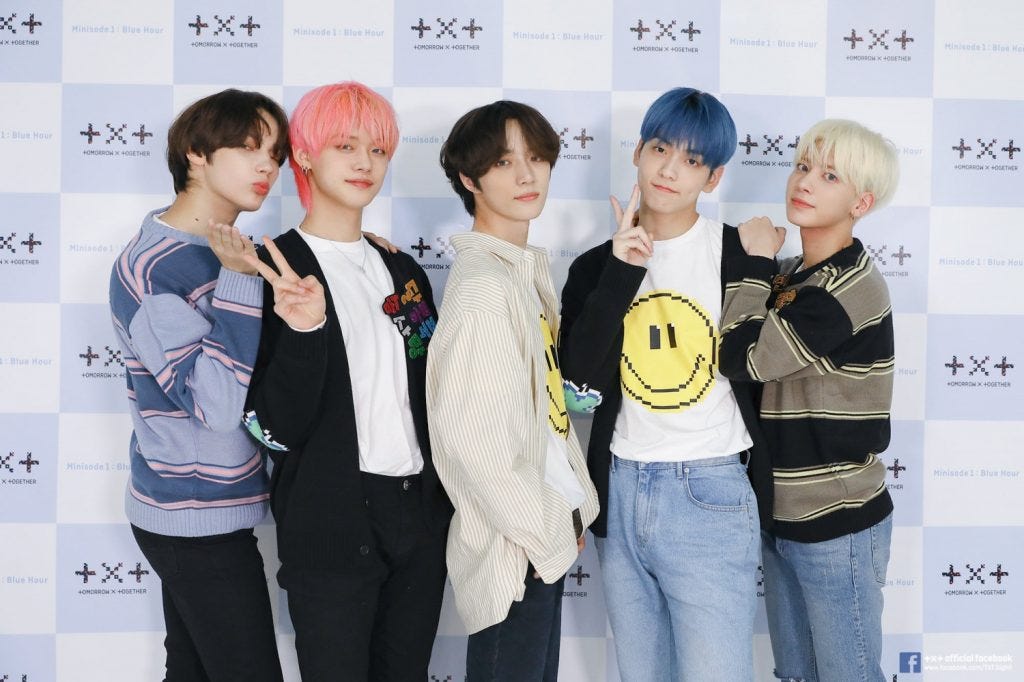
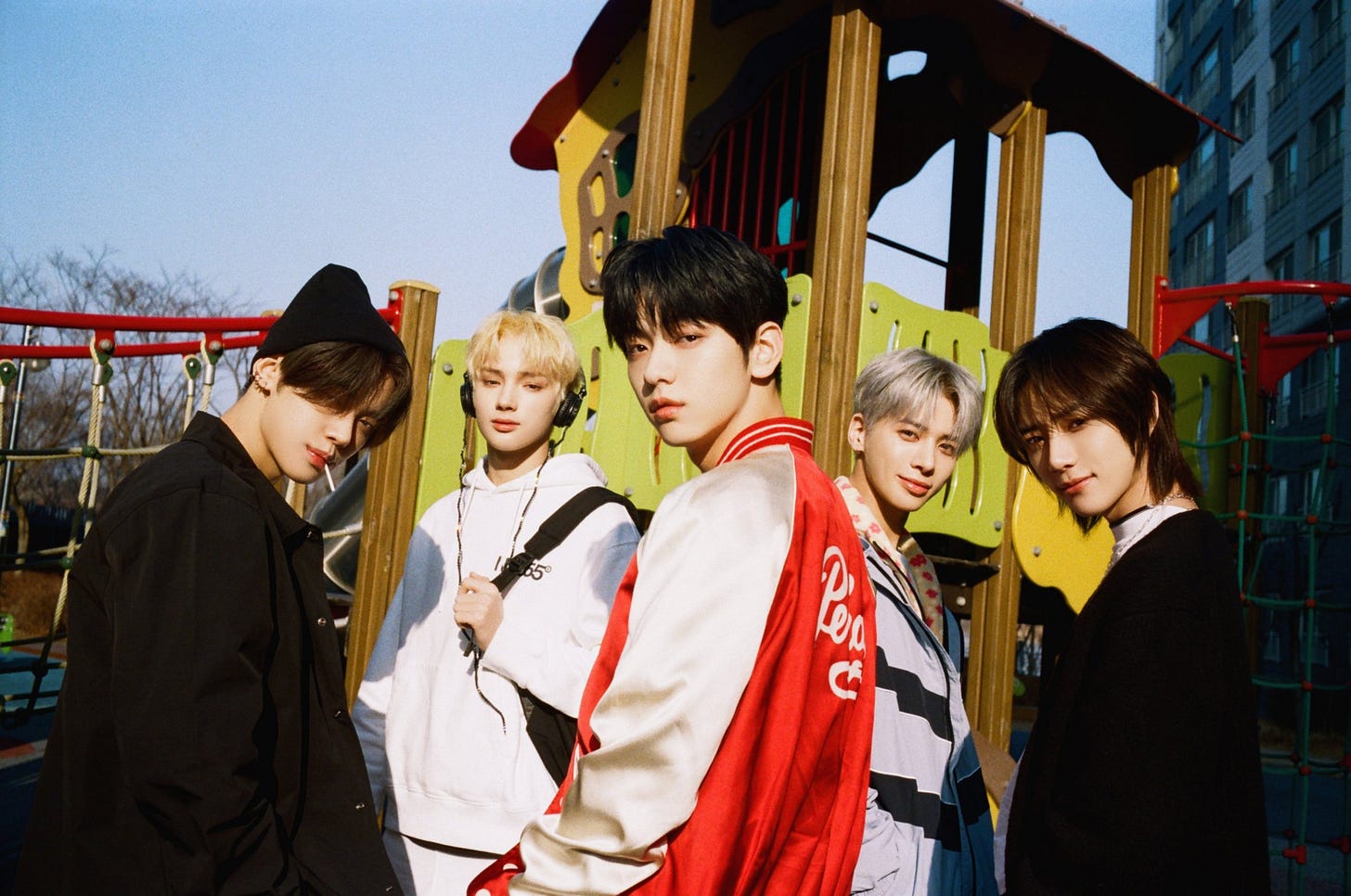
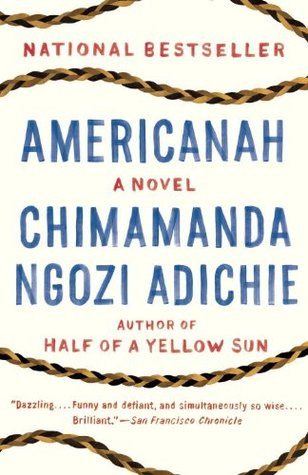
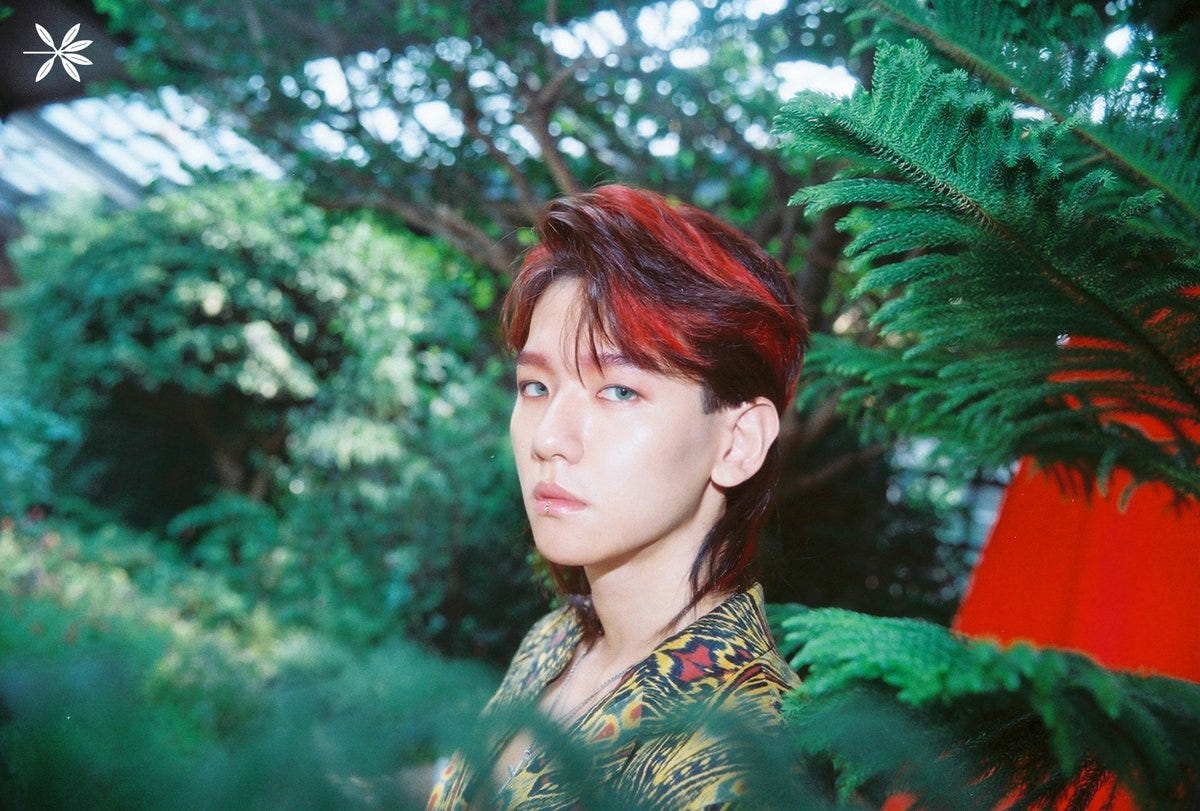
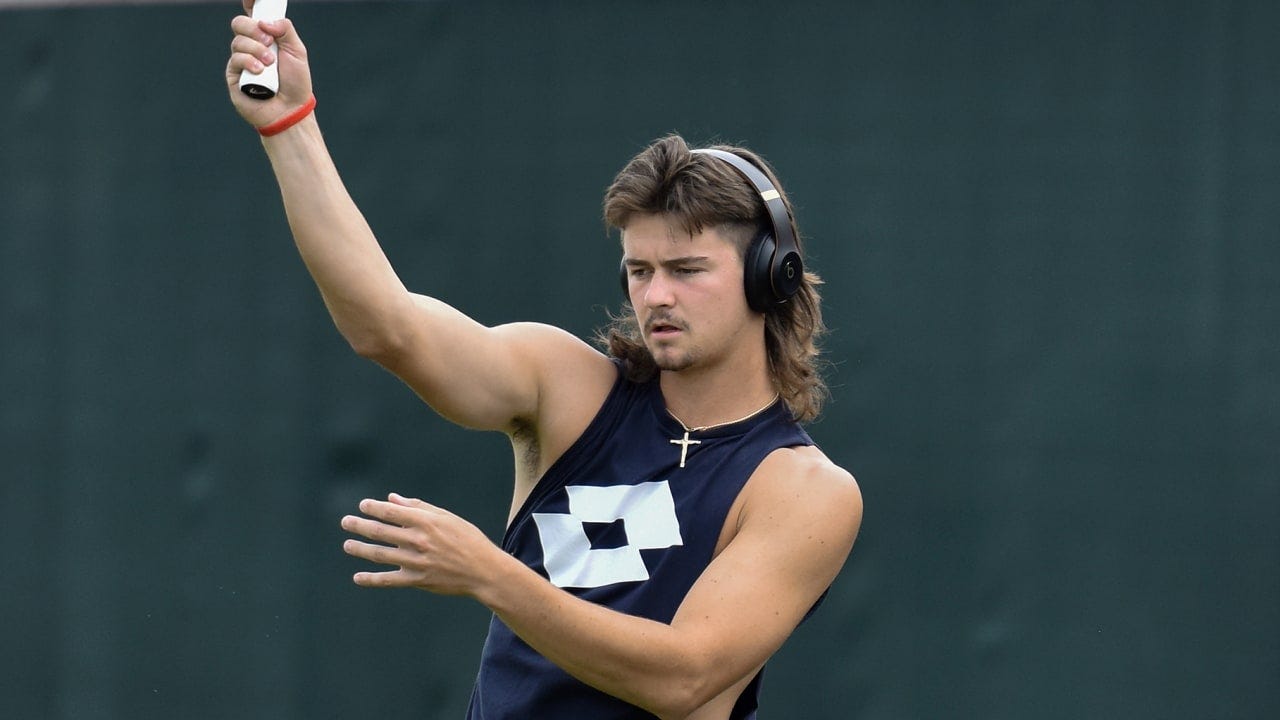
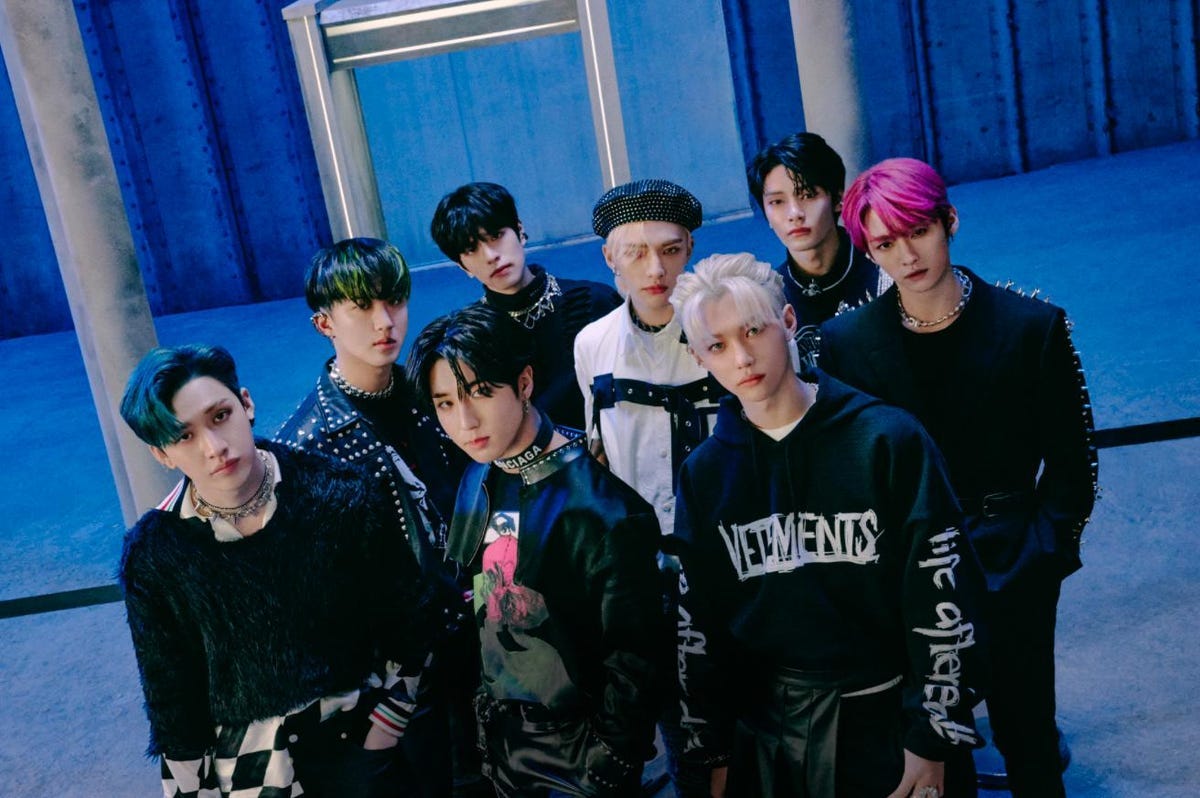
Thank you, I enjoyed reading this so much!